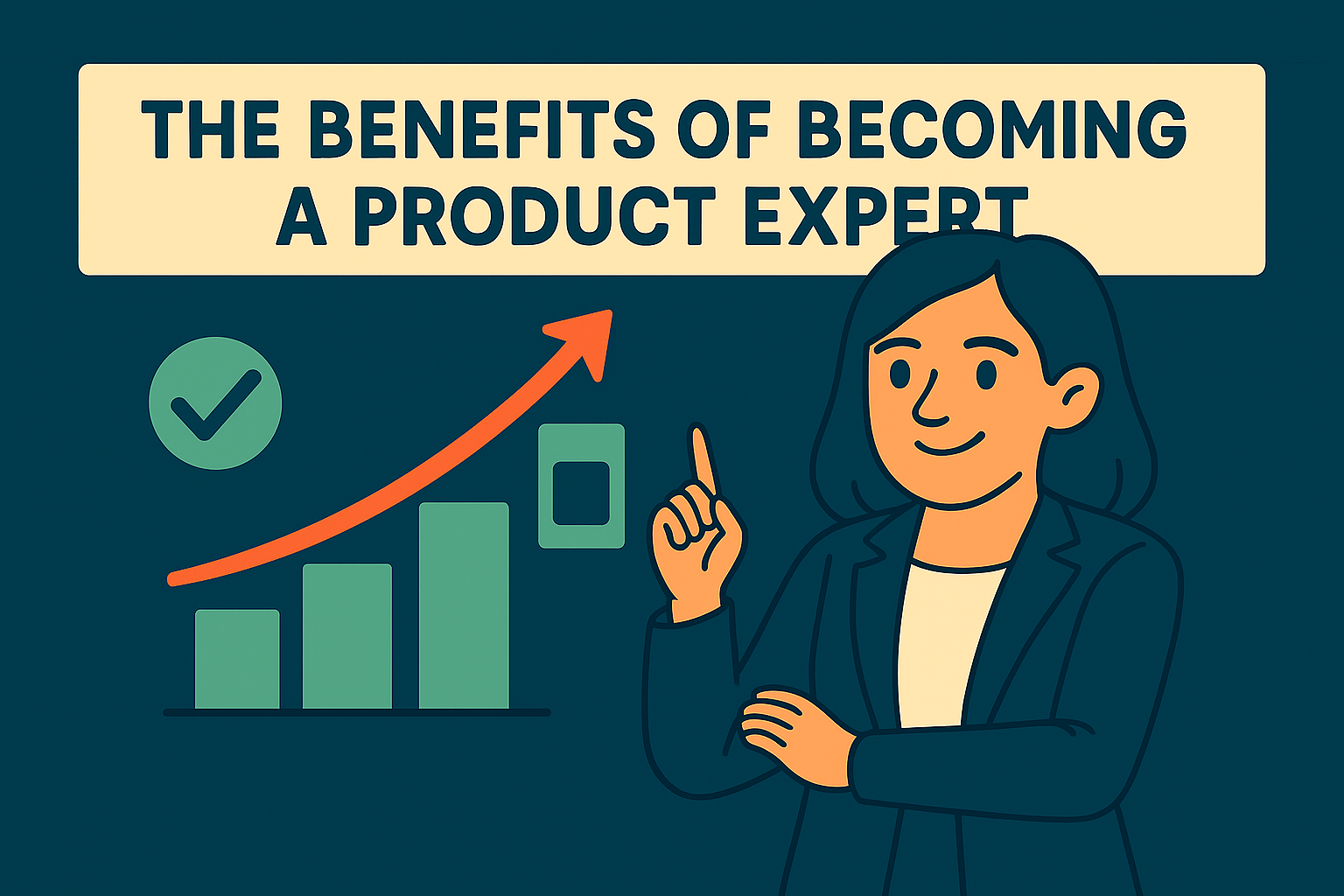
The Benefits of becoming a product expert
There’s a silent shift I’ve been noticing for a while now. A change that doesn’t appear in org charts or get announced in all-hands meetings, but if you look closely… you can feel it.
You’ll see it in team syncs, in customer conversations, and between the lines of internal emails.
Customer Success Managers are taking on a new role: becoming product experts. And not because someone made it official, but because the role itself has started demanding it.
🎢 From companion to translator
I remember when I started in Customer Success and how the role evolved. We went from being a kind of advanced support or configuration specialist to becoming trusted partners. We were the people who built confidence, helped customers reach their goals. That still matters but it’s no longer enough.
These days, there’s a bold truth we can’t ignore: if we don’t understand the product deeply, what we promise becomes shaky.
Clients don’t just want someone to listen. They want someone who can help them move forward, make the most of each feature, avoid mistakes and go beyond surface-level outcomes.
And I noticed something: my most impactful conversations with clients happened when we were speaking the language of the product. When I could anticipate friction, explain the “why” behind a limitation, or suggest an unexpected use case that unlocked value.
🧠 Being an expert is no longer optional
In SaaS, where things move fast and change constantly, staying on the surface means being left behind.
So the real challenge begins: how do we become profiles that truly drive impact through product understanding?
It’s not about memorizing every menu or button. It’s about having criteria, grasping the rationale behind every feature, and knowing what it unlocks. It’s about anticipating how a technical change will affect your team and your client and that only comes with curiosity, time, and structure.
🔧 How we’re integrating this mindset into the team
As I always say: it’s not magic, it’s strategy. In this case, also consistency and intentional planning.
Here’s what we’re doing and what you can start applying, too:
- Ongoing training with practical workshops and interdepartmental role-plays where we use the product like real customers would.
- Sandbox environments: safe spaces to test, break, explore. They help us anticipate issues before anything hits production.
- Living, shared guides and Q&A sessions: everything we learn is documented and accessible across teams. This fosters peer-to-peer learning and a shared sense of community—no hierarchy needed.
- Learn by doing: every team member documents a feature or records a short tutorial. Teaching builds mastery.
💬 So what changes?
The conversations. The relationships. Customers trust you more not because you read from the manual, but because you bring context, real use cases, and tailored insights.
The way you prioritize, communicate with product, with sales, with marketing all of it shifts. You begin identifying risks and opportunities faster. You start influencing roadmap conversations.
Being a CSM who’s a product expert doesn’t make you less approachableit makes you more relevant.
You become a hybrid profile: someone who can sit in on a dev sync and then brief the executive team—and bring clarity to both.
It’s not easy. But it’s absolutely possible. And honestly? It’s pretty fun.
🤝 Real impact: from silos to synergy
Here’s something I’ve seen again and again: the more your CS team understands the product, the stronger the alignment with the rest of the org.
This isn’t just about “knowing more”. It’s about breaking barriers.
- Sales conversations get smoother. You can spot early if a prospect is the right fit, avoid empty promises, and support the closing process with real context.
- The relationship with product changes. You stop “sending feedback” and start offering informed input. You prioritize together. You forecast risks. You translate technical to human, and vice versa.
And believe me, it shows. In the roadmap in strategic decisions, in internal communication, in mutual respect.
That’s when CS stops “managing accounts” and becomes the bridge between what’s being built and what’s truly being used.
📌 What now?
Maybe it’s time to ask yourself:
- How well do I really know the product?
- When was the last time I proposed an improvement based on real usage?
- How would my work change if I could explain every roadmap decision like it were my own?
Because in this role, the differentiator isn’t knowing everything.
It’s wanting to learn more—every day.
💬 Is this happening in your team too? I’d love to swap ideas or hear the challenges you’re tackling.